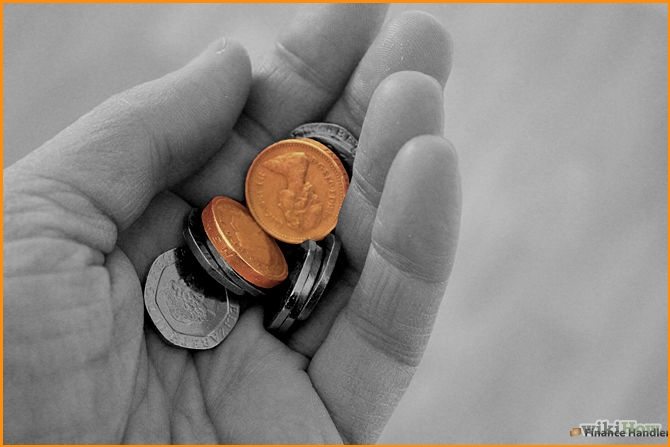Personal finance is the bane of everyone’s existence. Let’s face it, there are not a lot of people who will put their hand up and say that this is their favorite subject. However, without having a little bit of knowledge about it, your life is going to get financially complicated very fast. So here are a few things that you need to know.
Keep an emergencey supply of money on hand to be better prepared for personal finance disasters. At some point, everyone is going to run into trouble. Whether it is an unexpected illness, or a natural disaster, or something else that is terrible. The best we can do is plan for them by having some extra money set aside for these types of emergencies.
To keep your personal financial life afloat, you should put a portion of every paycheck into savings. In the current economy, that can be hard to do, but even small amounts add up over time. Interest in a savings account is usually higher than your checking, so there is the added bonus of accruing more money over time.
Department stores will feed on their customers purchasing items at retail price, which can drain a bank account very quick. Instead of falling for this, go into all of your favorite stores and find the sale or clearance rack. Typically, you will find great deals on quality items in this section.
Even if your home has decreased in value since you bought it, this doesn’t mean you’re doomed to lose money. You don’t actually lose any money until you sell your house, so if you don’t have to sell at the moment, don’t. Wait until the market improves and your property value begins to rise again.
Shop thrift stores to accumulate a professional wardrobe. Business clothing can be expensive. It is something we all need, however, if we are to convey the appropriate image at work. Thrift stores offer an affordable option for all of our wardrobe needs. You don’t have to tell anyone where you bought it or how much you paid!
At the end of every day, empty out all of the change in your pockets, purse, and briefcase into a jar for saving. Once per month, you can deposit the money into your savings account, where it will earn interest. Avoid losing out on surcharges and fees from coin-counting machines.
When in doubt about borrowing money-don’t. Interest is extremely expensive, adding up to 20% or even more to your purchases, which is the same as making 20% less money! Wherever possible try to save up for a purchase on your own, and buy it later rather than taking out a loan to get it now.
So there you have it. Not such a scary subject now, is it? Armed with the advice presented in this article, you now have the knowledge you need to tackle your finances with a little more confidence than before. Who knows, over time you may even look forward to long term financial planning!


